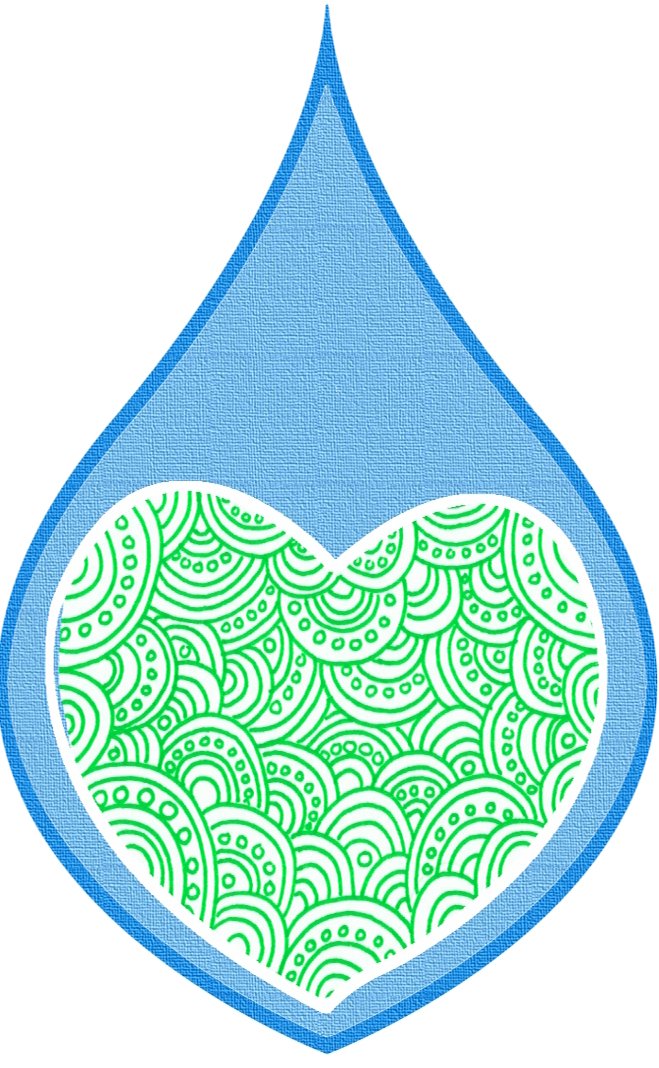How Do You Wash Your Hands? A Look at Simple Hand Washing Stations
As we all know, washing our hands is very important. This is especially true when you’re working with food, have just used the toilet, or are caring for children. Washing our hands removes bacteria and pathogens and is a key part of keeping ourselves and our loved ones healthy, especially our children. People all over the world wash their hands, but depending on where you are in the world the experience may be very different. I’m fortunate to live somewherecontinue reading



